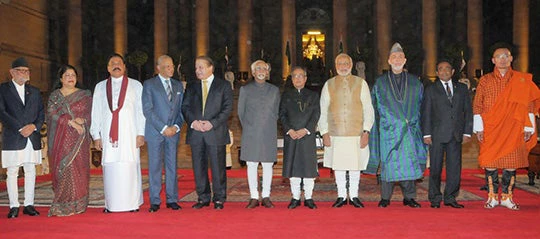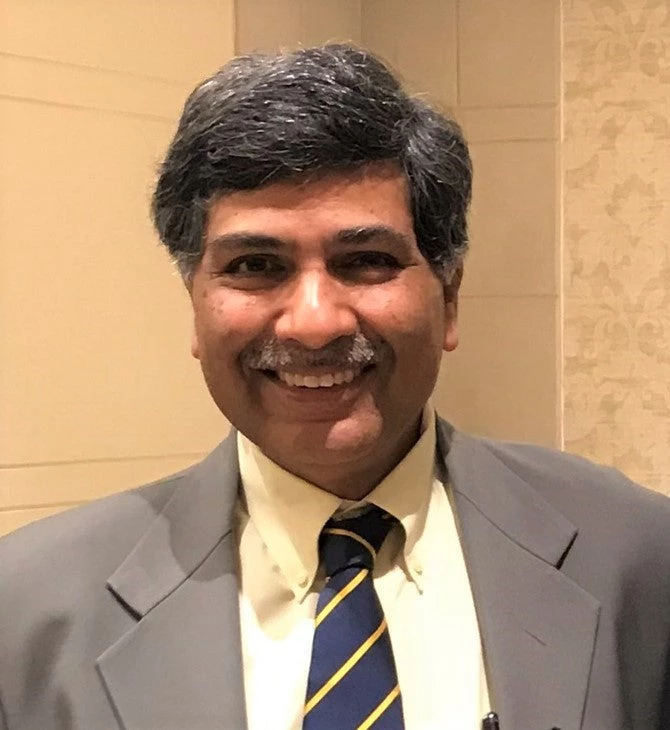
I’m on my way to the 7th South Asia Economic Summit (SAES) in New Delhi, India. The summit* brings together leading analysts, academics, policymakers, the private sector and civil society from across the region and beyond, who meet to suggest solutions to South Asia’s economic issues and learn from each other’s experiences.
This year’s SAES takes place at a very opportune time. Regional cooperation momentum has been on an upswing. The theme of the summit, “Towards South Asian Economic Union” captures the renewed optimism of moving forward on the regional agenda and generating shared prosperity. Apart from that, the SAES is held between November 7 – 8, only two weeks before the 18th SAARC (South Asian Association for Regional Cooperation) Summit, where heads of state from Afghanistan, Bangladesh, Bhutan, India, Maldives, Nepal, Pakistan and Sri-Lanka will meet in Kathmandu, Nepal.
Since its inauguration in 2008, the SAES has addressed critical issues facing the region. This year the topics include regional energy security, economic corridors, border trade, non-tariff barriers, cross-regional investments, and regional value chains.Here at the World Bank Group (WBG), we’ve worked closely with South Asian governments to strengthen regional cooperation in these areas by financing projects and providing research, analysis, and technical assistance.
There are many opportunities for boosting regional trade, connectivity, energy cooperation, according to Philippe Le Houérou, the WBG Vice President for South Asia (watch our interview with Philippe here). We’ve pledged $107 million to increase transport connectivity along regional trade corridors in India’s Mizoram state. In 2013 we initiated a project aimed to reduce transport time and logistics costs for bilateral trade between Nepal and India and transit trade along the Kathmandu-Kolkata corridor. In March 2014, our Central Asia South Asia Electricity Transmission and Trade Project (CASA-1000) that would transmit 1,300 megawatts (MW) summer excess electricity from Tajikistan and Kyrgyz Republic to Afghanistan and Pakistan was approved by the WBG’s Board of Directors.
Meanwhile, we support and undertake cross-regional trade and investment analysis that aims to inform decision makers on designing and implementing regional cooperation strategies. In fact, the WBG as a knowledge institution plays a critical role in regional integration, says Philippe Le Houérou.
Within the next 6-18 months, we plan to launch studies to inform the regional dialogue and create a more supportive environment for regional projects. Examples include studies on non-tariff measures, analysis of bilateral air services liberalization in South Asia, and the relationship between retail prices and trade barriers, etc. A report on “Breaking down Barriers to Regional Trade and Cooperation in South Asia”, which examines the barriers to regional trade and cooperation and corresponding policy solutions, is due to be published in the first half of 2015.
*Organized rotationally by the member think tanks from South Asia, namely the Afghan Civic Engagement Program (ACEP), Center for Policy Dialogue (Dhaka), Institute of Policy Studies (Sri Lanka), Research and Information System for Developing Countries (India), South Asia Watch on Trade, Economics and Environment (SAWTEE) (Nepal), and Sustainable Development Policy Institute (Pakistan). This year it’s organized by Research and Information System for Developing Countries (RIS), an Indian think tank with support from India’s Ministry of External Affairs.



Join the Conversation